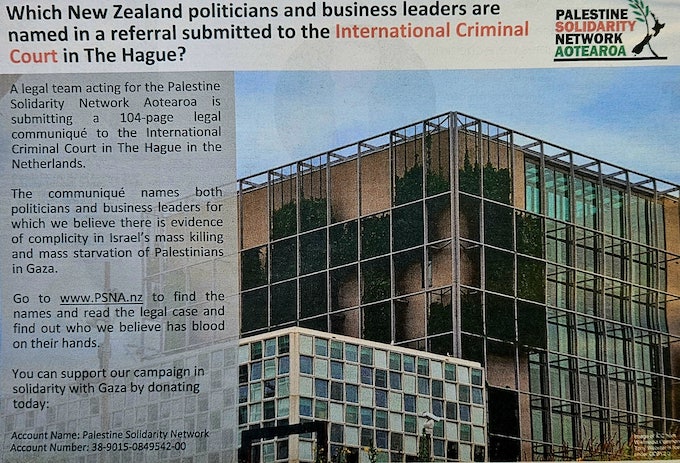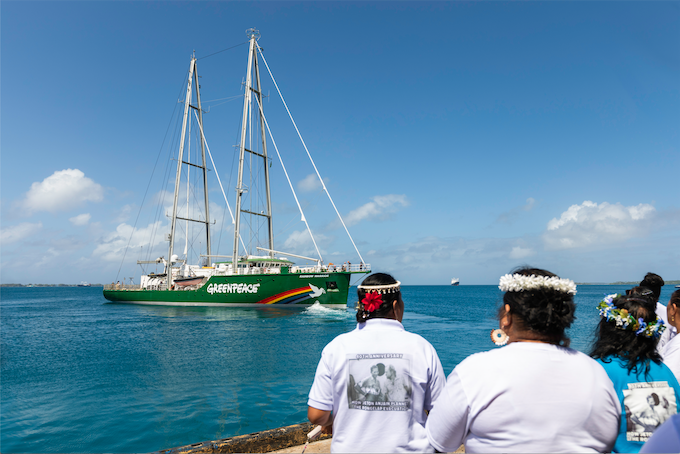COMMENTARY: By Eugene Doyle
Nobody has a bad word to say about the French Resistance in the Second World War, right? Who would criticise a group confronting fascism, right?
Yet this month the UK group Palestine Action has been proscribed as a “terrorist” organisation by their government for their non-violent direct action against UK-based industries supplying technology to fuel Israel’s destruction of the Palestinian people.
Are they terrorists or the very best of us in the West?
- READ MORE: Palestine Action: What has the group done, as it faces a ban?
- Other Israel’s Gaza genocide reports
Stéphane Hessel, a leading member of the French Resistance, survived time in Nazi concentration camps, including Buchenwald. After the war he was one of the co-authors of the Universal Declaration of Human Rights (1948), a pillar of international law to this day.
The Declaration affirms the inherent dignity and equal rights of all humans. In later years Hessel (d. 2013), who was Jewish, saw the treatment of the Palestinians as an affront to this and repeatedly called Israel out for crimes against humanity.
Hessel argued people needed to be outraged just as he and his fellow fighters had been during the war.
In 2010, he said: “Today, my strongest feeling of indignation is over Palestine, both the Gaza Strip and the West Bank. The starting point of my outrage was the appeal launched by courageous Israelis to the Diaspora: you, our older siblings, come and see where our leaders are taking this country and how they are forgetting the fundamental human values of Judaism.”
In his book Indignez-vous (Time for Outrage!) he called for a “peaceful insurrection” and pointed to some of the non-violent forms of protests Palestinians had used over the years.
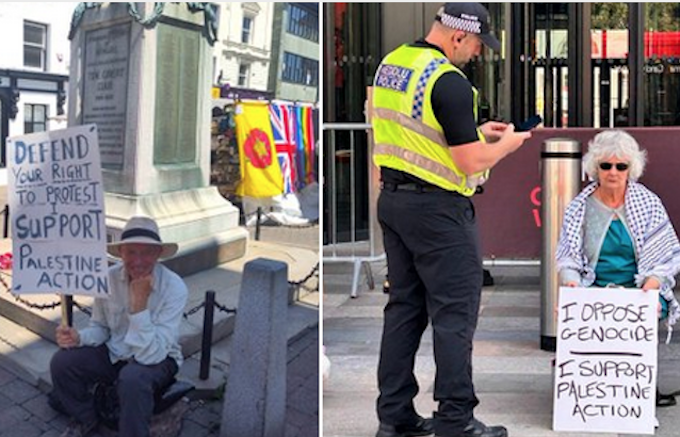
“The Israeli authorities have described these marches as ‘nonviolent terrorism’. Not bad . . . One would have to be Israeli to describe nonviolence as terrorism.”
How wrong Stéphane Hessel was on this point. The British Parliament has just proscribed Palestine Action as “terrorists” despite them having never attacked anyone, never used weapons, but only undertaken destruction of property linked to the arms industry.
Does Palestine Action really bear resemblance to Al Qaeda or ISIS, or Israel’s Stern Gang or the IDF? Or, like the French Resistance, will they eventually be recognised as heroes of our time? Will Hollywood romanticise them in their usual tardy way in 50 years time?
In respect to the Palestinians, Hessel was clear that resistance could take many forms: “We must recognise that when a country is occupied by infinitely superior military means, the popular reaction cannot be only nonviolent,” he said.
In his time, he lived by those words.
Resistance – a precious band of brothers and sisters
Here’s a statistic that should make you think. In the Second World War less than 2 percent of French people played any active role in the Resistance. Most people just sat back and got on with their lives whether they liked the Germans or didn’t.
The Jews and others were dealt to, stamped on and shipped out, while most of the French could trundle on unharassed. The heavy lifting of resistance was done by a small band of brothers and sisters who took it to the enemy.
History salutes them, as we now salute the Suffragettes, the anti-Apartheid activists, the American civil rights groups and Irish liberation fighters. We’re living through something similar now — and our governments are the bad guys.
I first learned that shocking fact about the composition of the Resistance from my history teacher at l’Université de Franche-Comté, in France in the 1980s. He was the distinguished historian Antoine Casanova, a specialist on Napoleon, Corsica and the Resistance.
Perhaps the low level of resistance is not surprising. Most of the people who put their bodies on the line in Occupied France during the Second World War were either communists or Jews. Good on them. Jewish people made up as much as 20 percent of the French Resistance despite numbering only about 1 percent of the population. This massive over-representation can, understandably, be explained as recognition of the existential threat they faced — but many were also passionate communists or socialists, the ideological enemies of the racist, fascist ideology of their occupiers.
Looking at the Israeli State today, many of those same Jewish Resistance fighters would instantly recognise the racism and fascism that they opposed in the 1940s. We should remember our leaders tell us we share values with Israel.
For anyone not in the United Kingdom (where it is illegal to show any support for Palestine Action) I highly recommend the recently released documentary To Kill A War Machine which gives an absolutely riveting account of both the direct action the group has undertaken and the moral and ideological underpinnings of their actions.
Having seen the documentary I can see why the British Labour government is doing everything in its power to silence and censor them. They really do expose who the true terrorists are. Stéphane Hessel would be proud of Palestine Action.
This week a former Israeli Prime Minister Ehud Olmert made clear what is going on in Gaza.
The “humanitarian city” Israel is planning to build on the ruins of Rafah would be, in his words, a concentration camp. Others have described it as a Warsaw-ghetto or a “death camp”. Olmert says Israel is clearly committing war crimes in both Gaza and the West Bank and that the concentration camp for the Gazan population would mark a further escalation.
It would go beyond ethnic cleansing and take the Jewish State of Israel shoulder-to-shoulder with other regimes that built such camps. Israel, we should never forget, is our close ally.
Millions of people have hit the streets in Western countries. A majority clearly repudiate what the US and Israel are doing. But the political leadership of the big Western countries continues to enable the racist, fascist genocidal state of Israel to do its evil work. Lesser powers of the white-dominated broederbond, like Australia and New Zealand, also provide valuable support.
Until our populations in the West mobilise in sufficient numbers to force change on our increasingly criminal ruling elites, the heavy-lifting done by groups like Palestine Action will remain powerful forms of the resistance.
I grew up in the Catholic faith. One of the lines indelibly printed on my consciousness was: “Greater love hath no man than this, that he lay down his life for his friends.” Palestine Action is doing that. Francesca Albanese is doing that. Justice for Palestine and Palestine Solidarity Network Aotearoa are doing this.
The real question, the burning question each of us must answer is — given there is no middle ground, there is no fence to sit on when it comes to genocide — whose side are you on? And what are you going to do about it? Vive la Resistance! Vive the defenders of the Palestinian cause!
Rest in Peace Stéphane Hessel. Le temps passe, le souvenir reste.
Eugene Doyle is a writer based in Wellington. He has written extensively on the Middle East, as well as peace and security issues in the Asia Pacific region. He contributes to Asia Pacific Report and Café Pacific, and hosts the public policy platform solidarity.co.nz
This post was originally published on Asia Pacific Report.
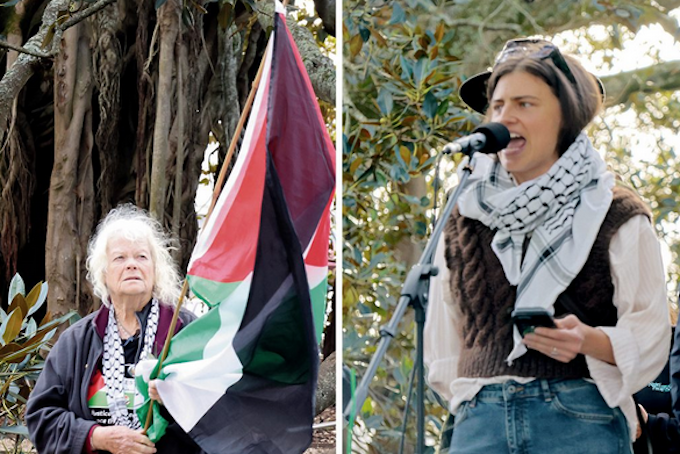
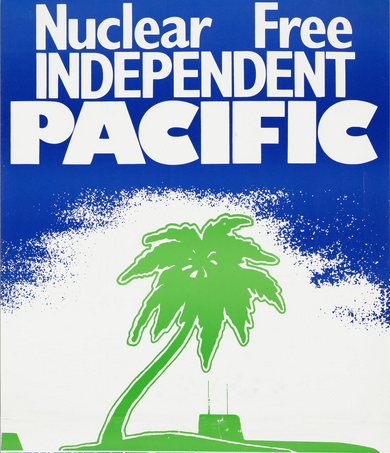
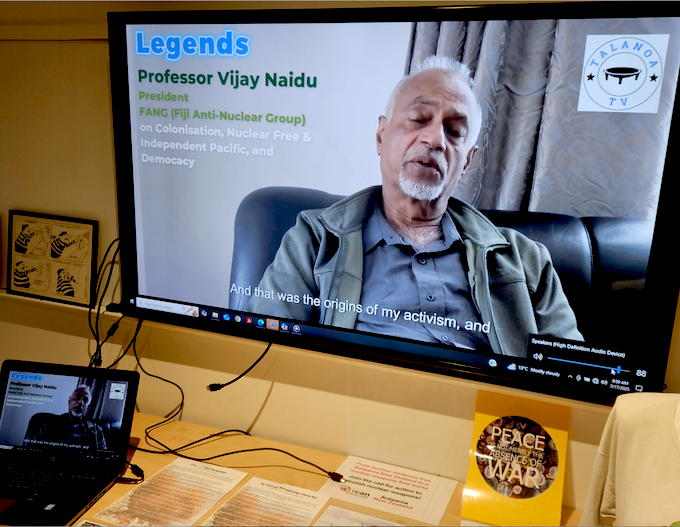
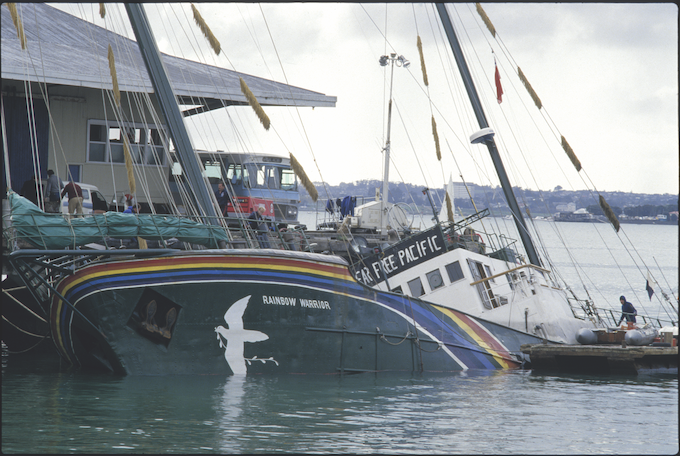
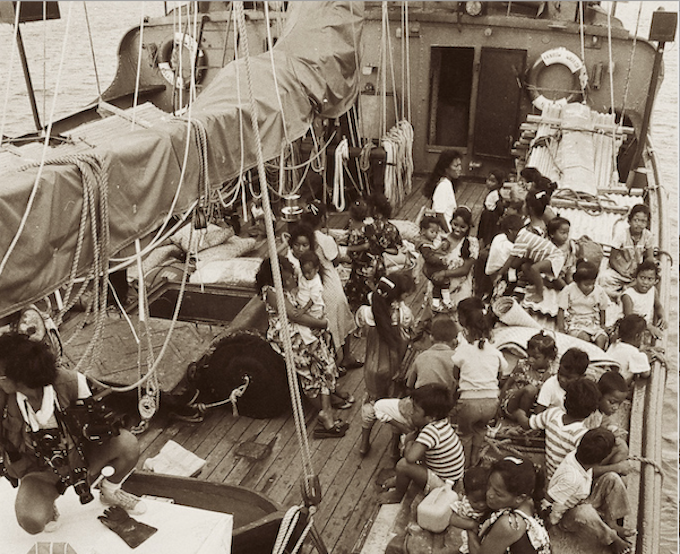
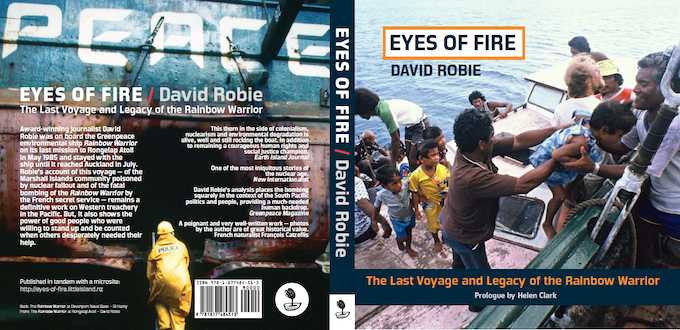

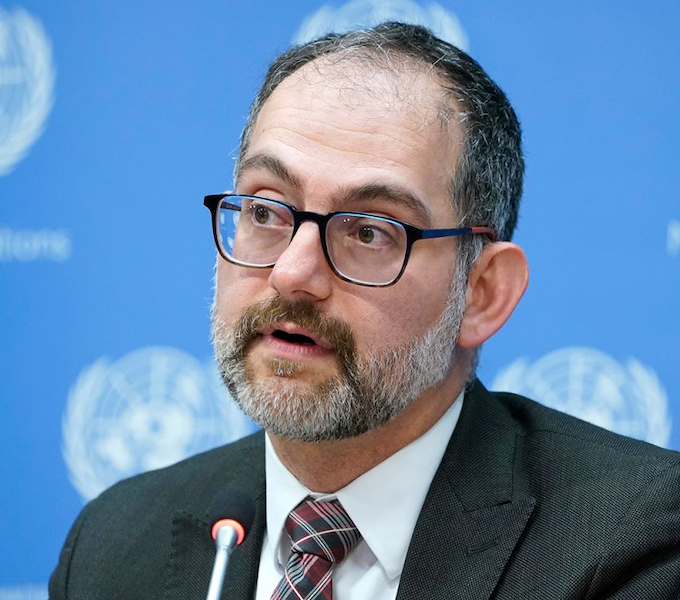
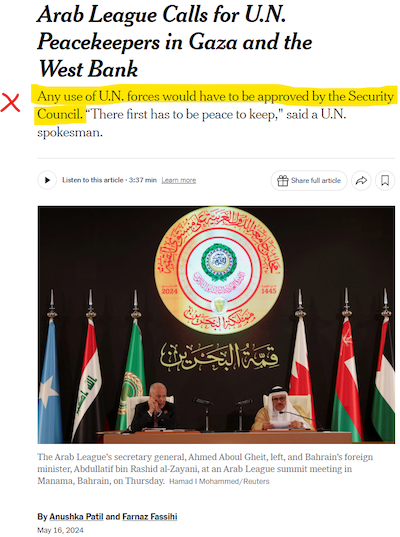
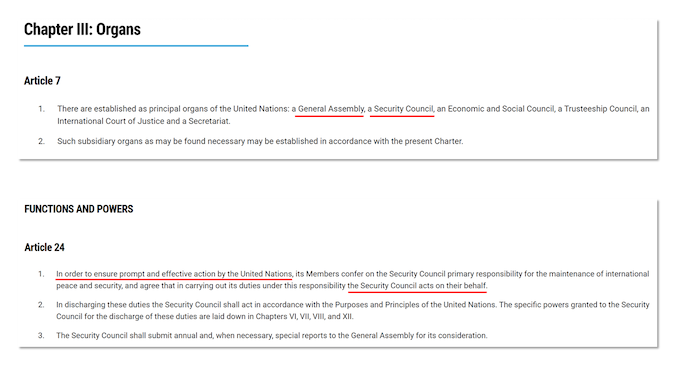
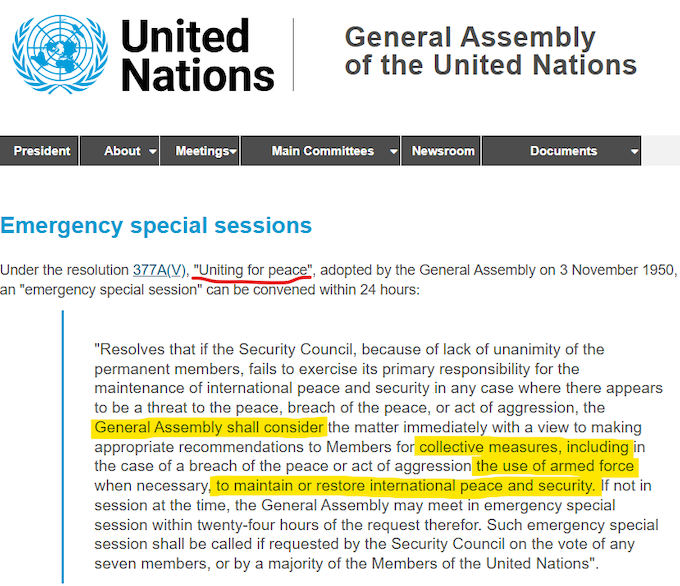
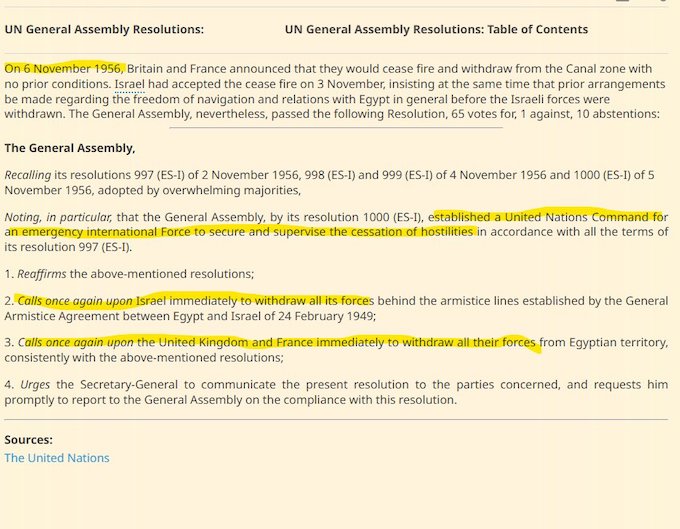
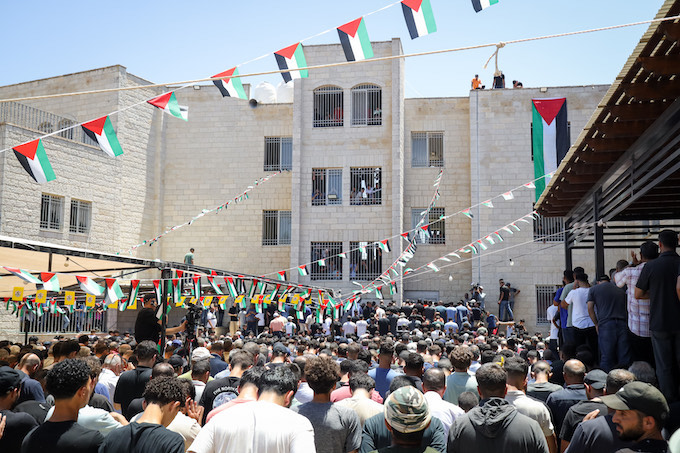





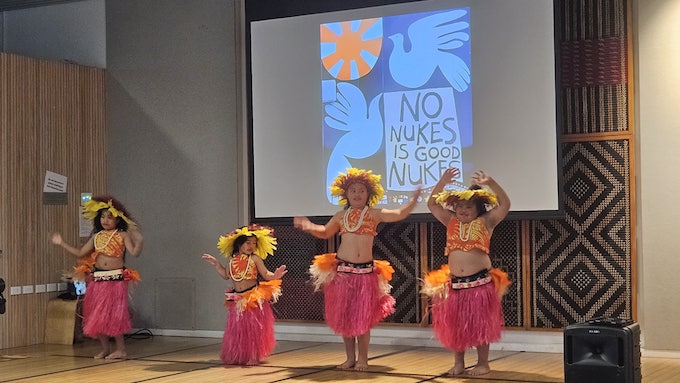
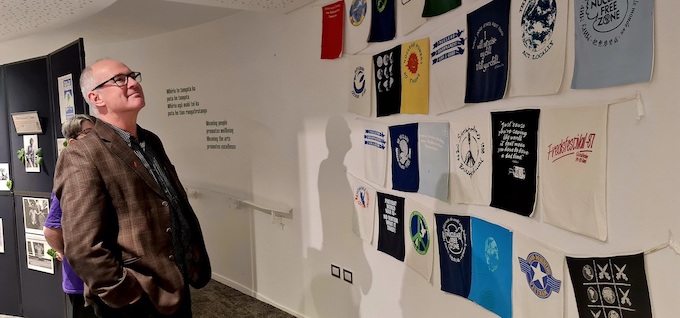
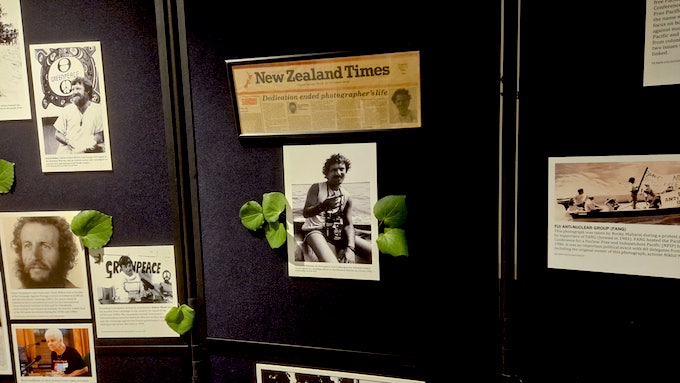
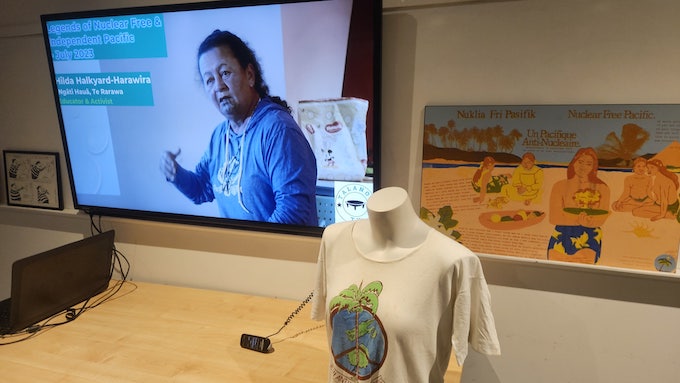
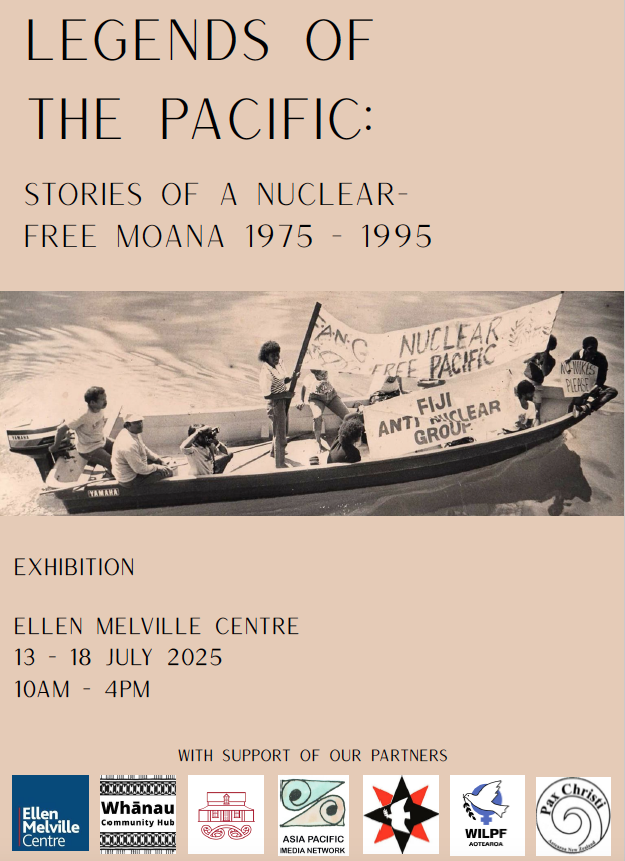
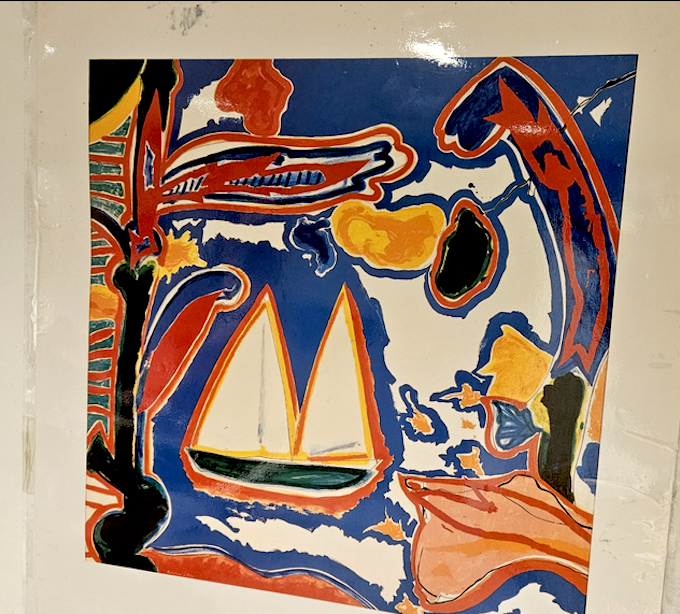
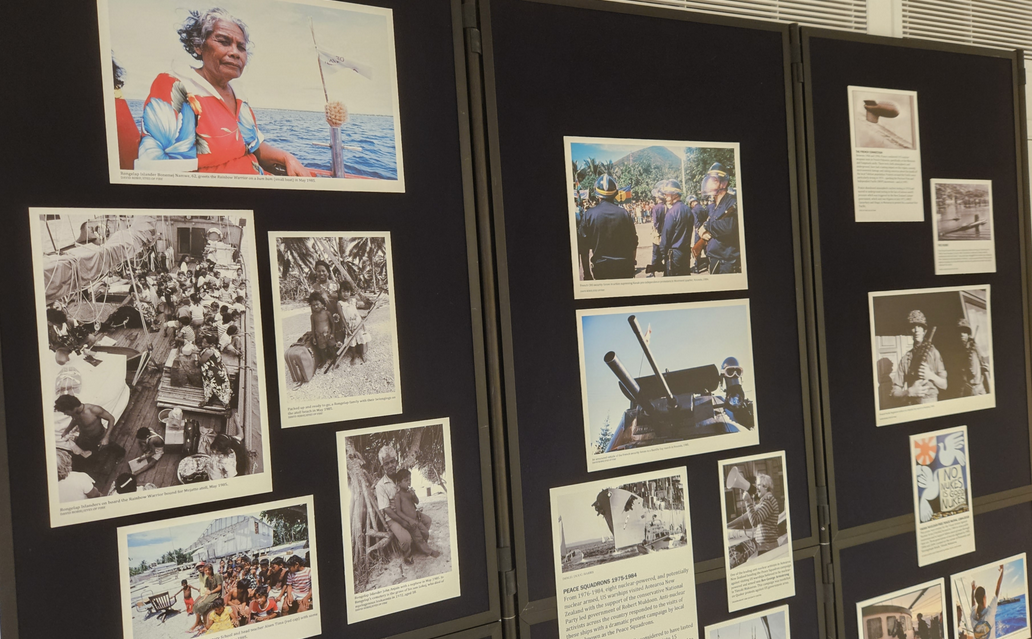
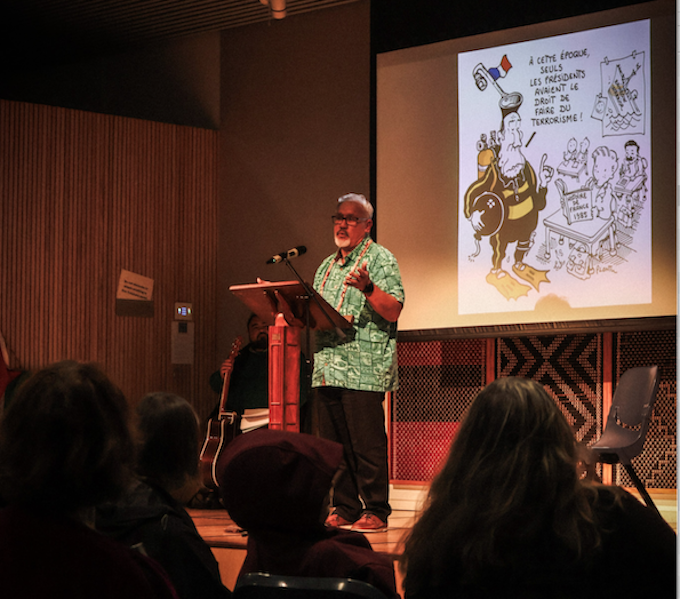
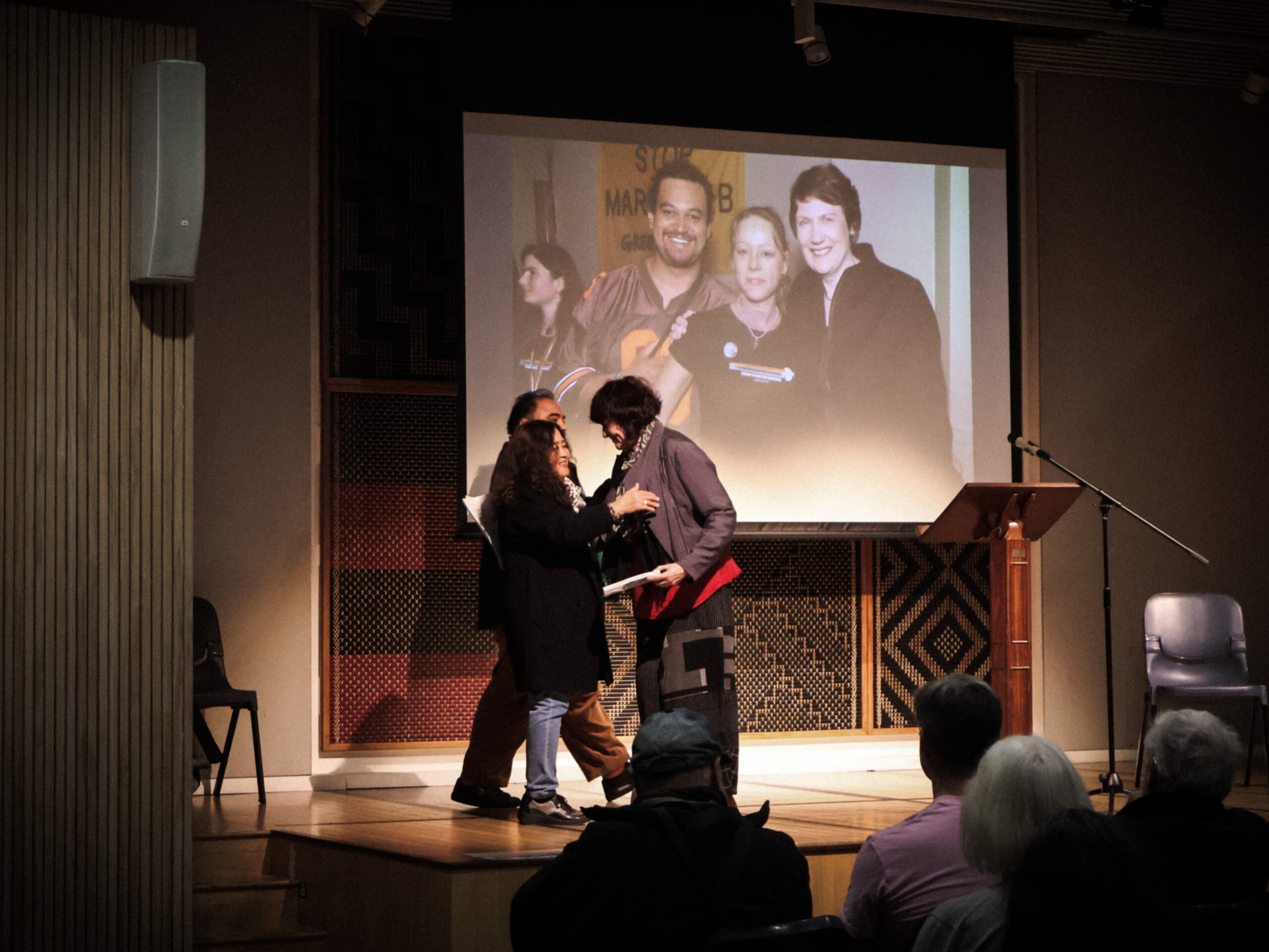
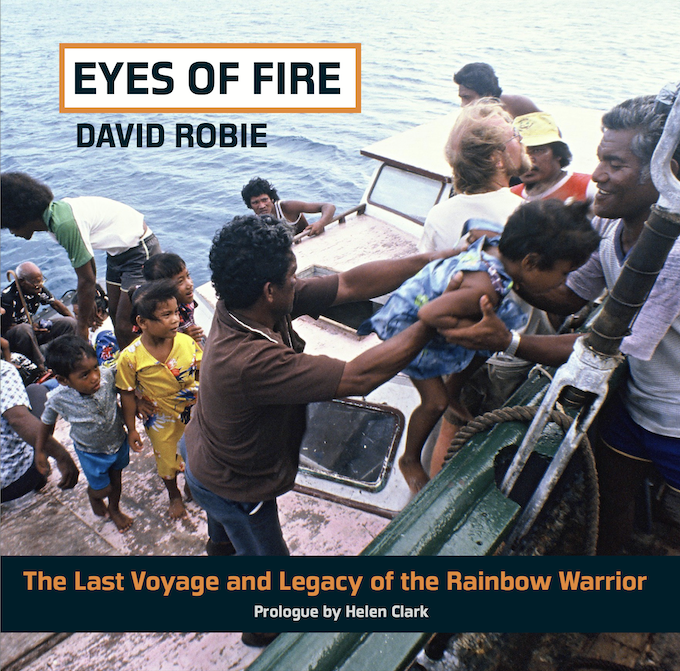
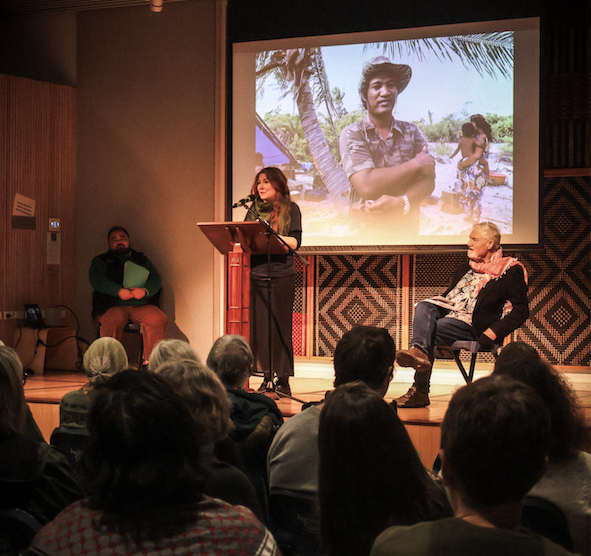
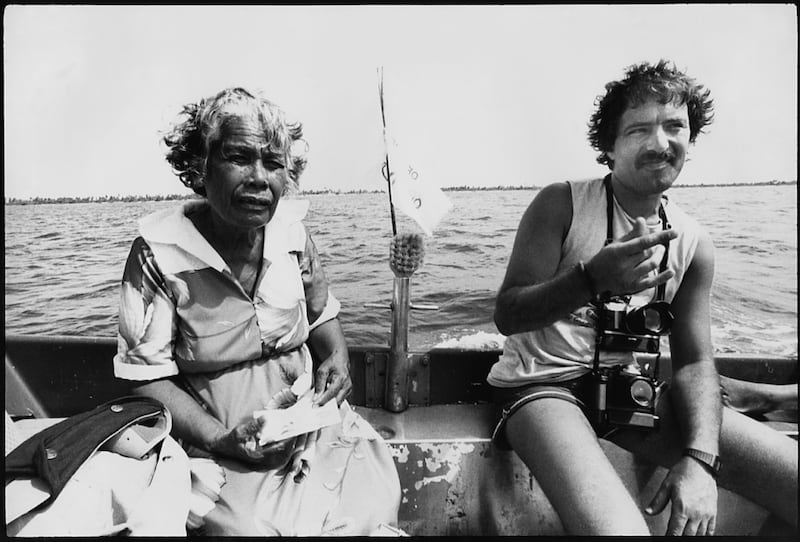
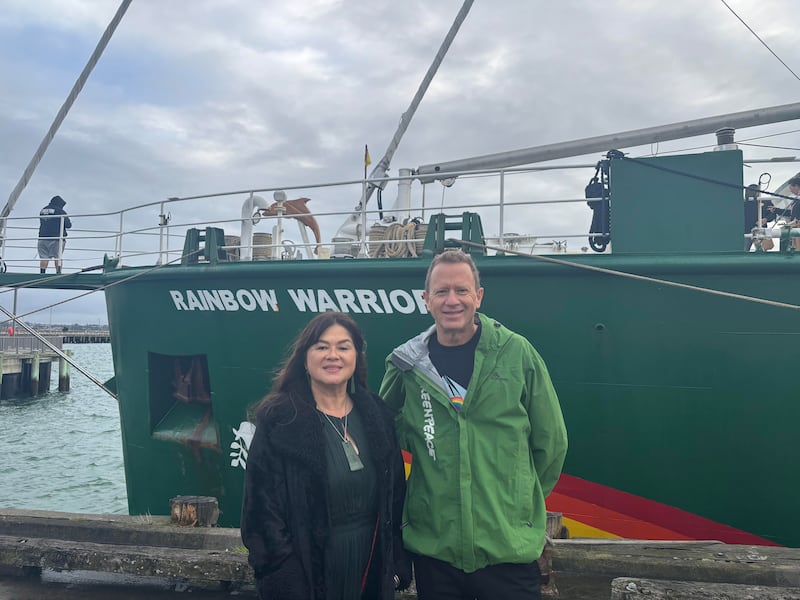
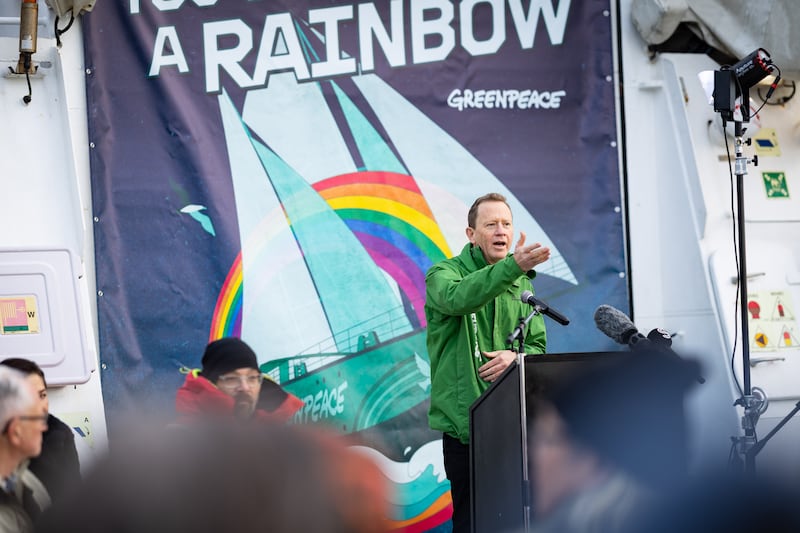
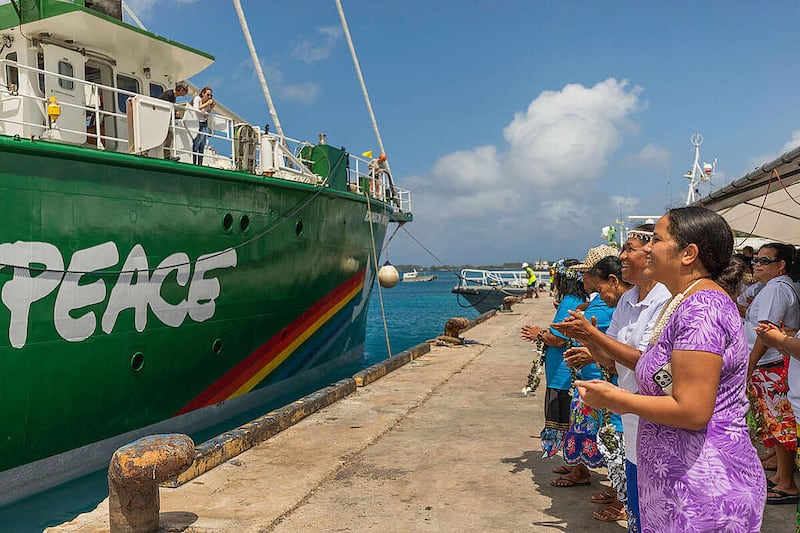
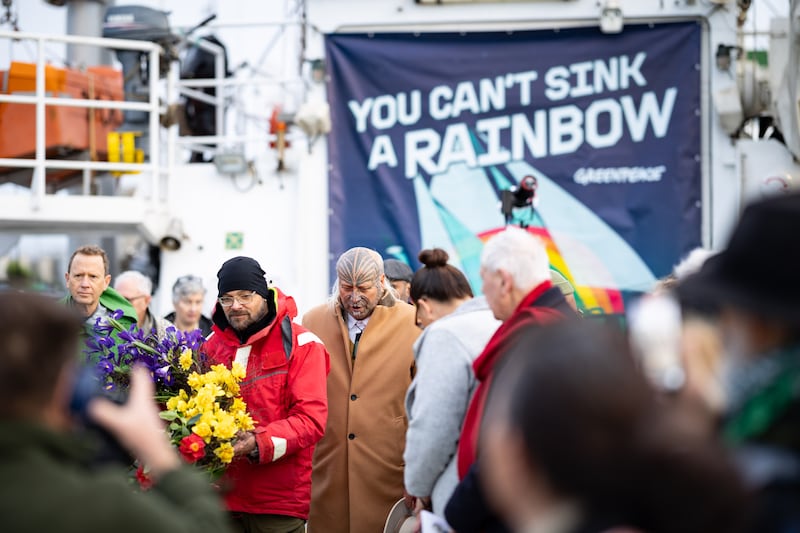
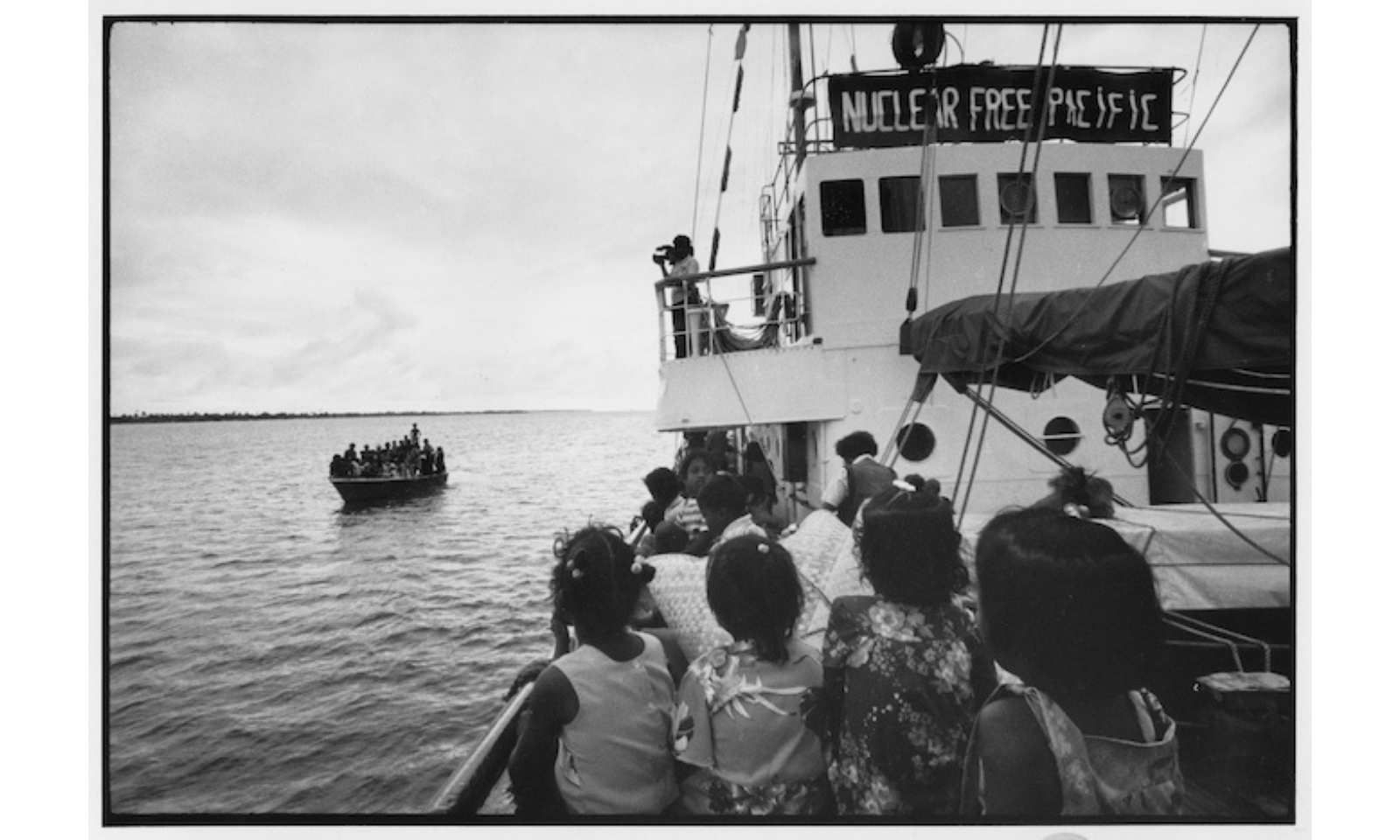
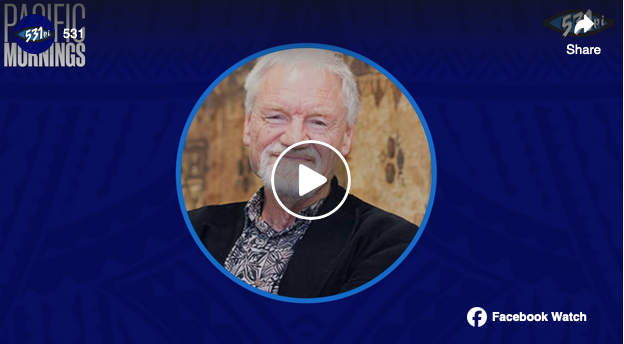
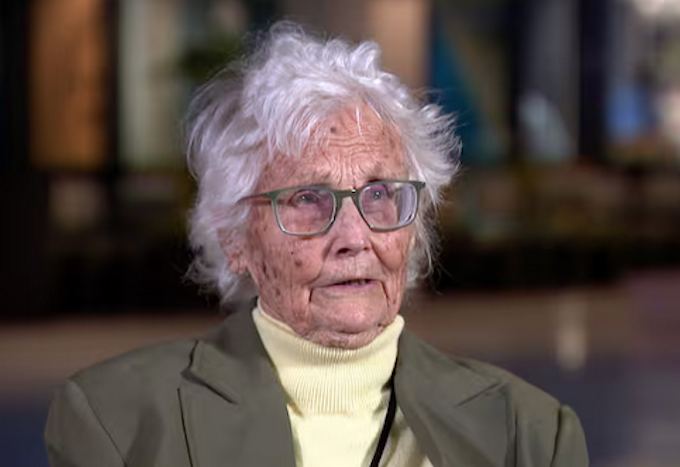
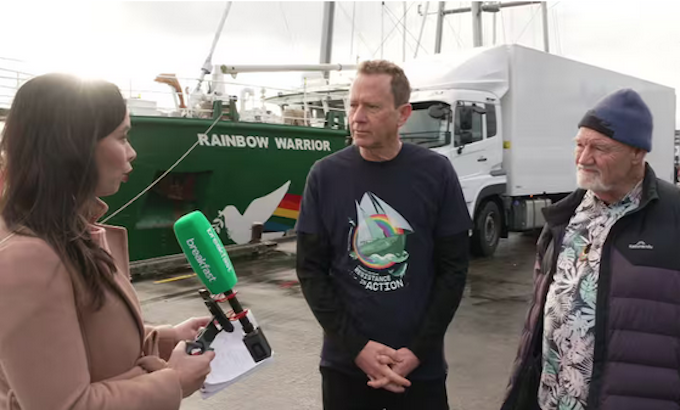
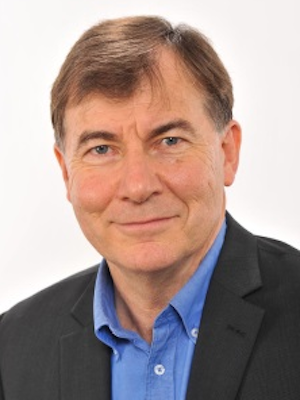
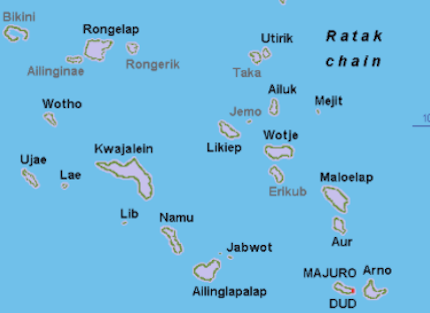
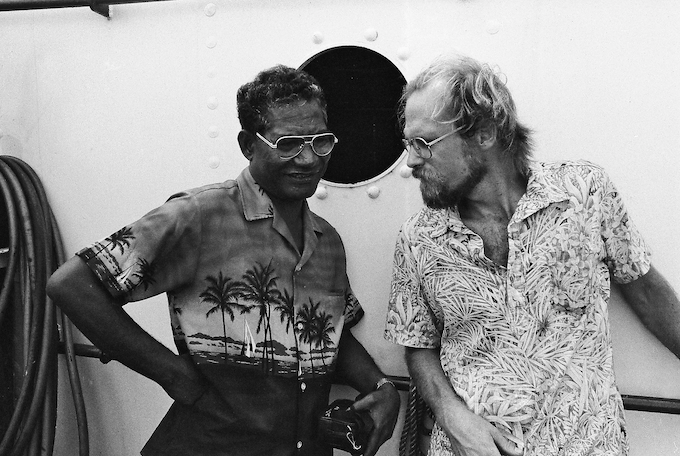
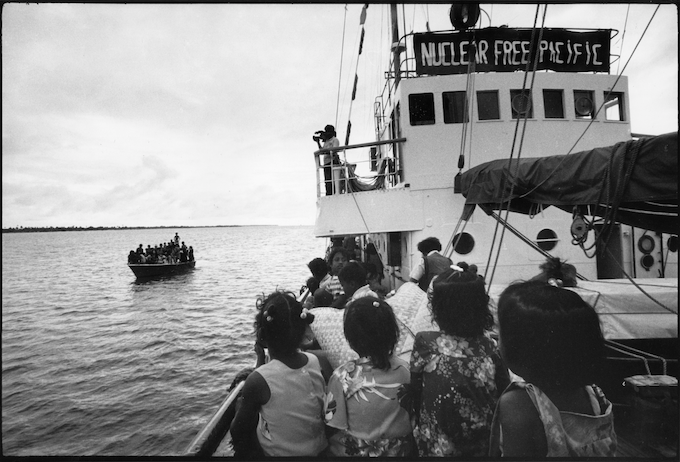
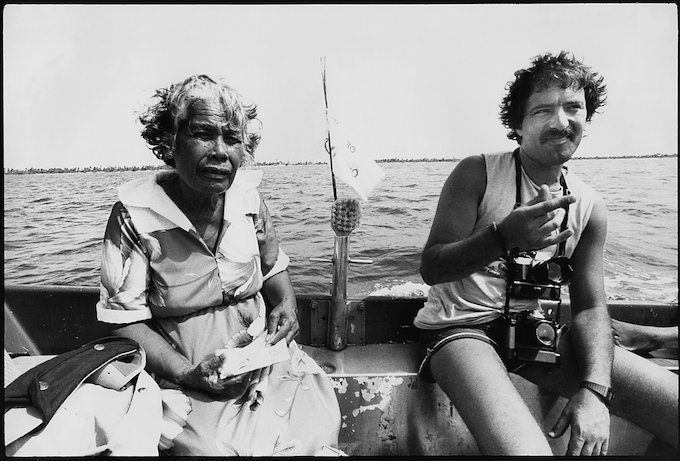
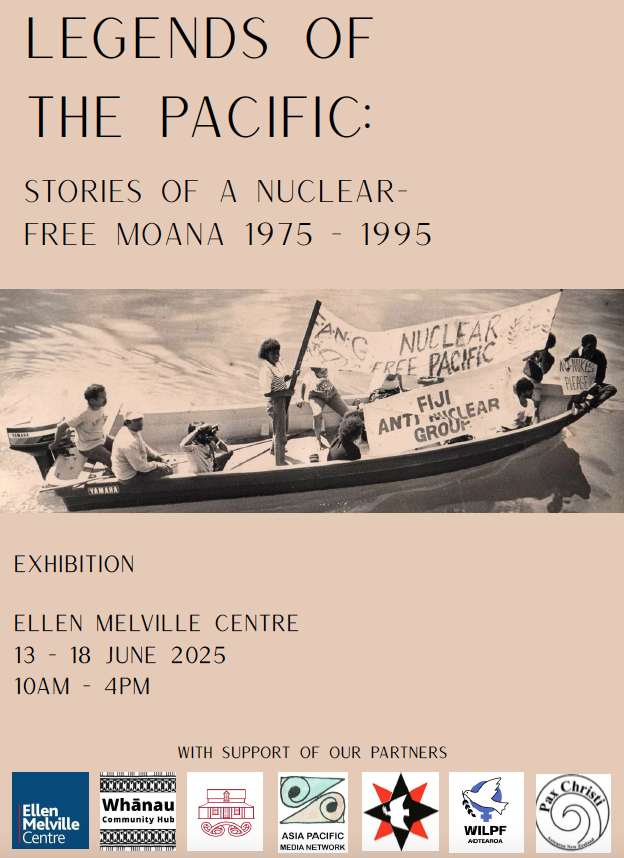
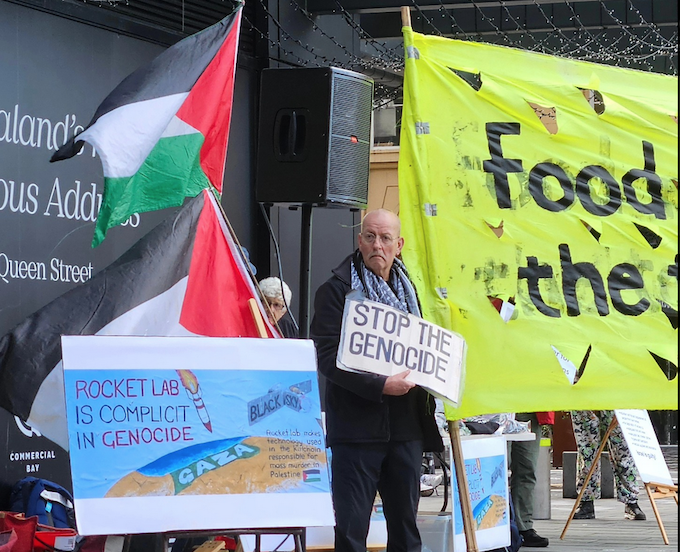
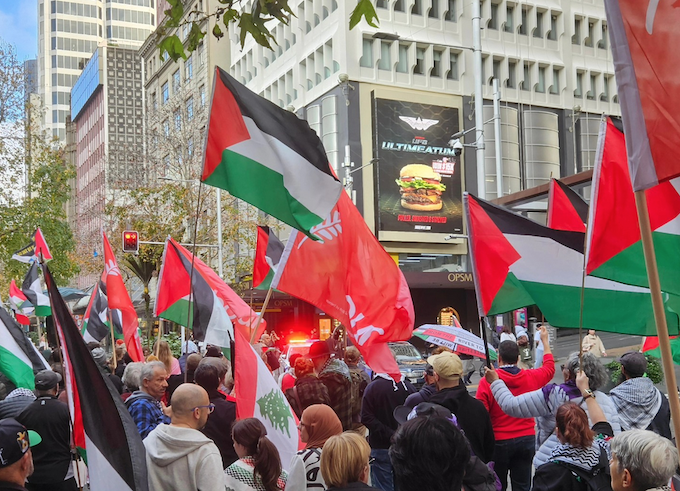
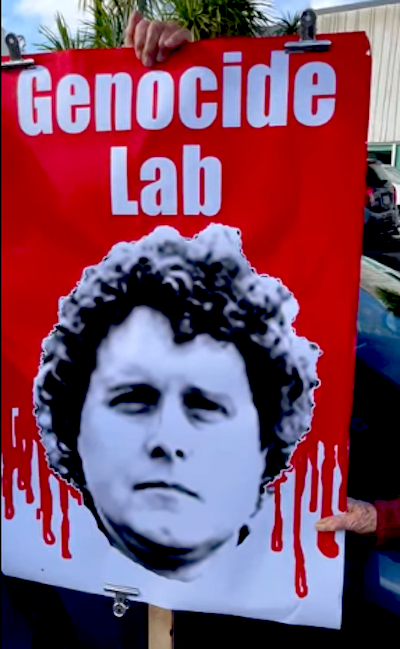
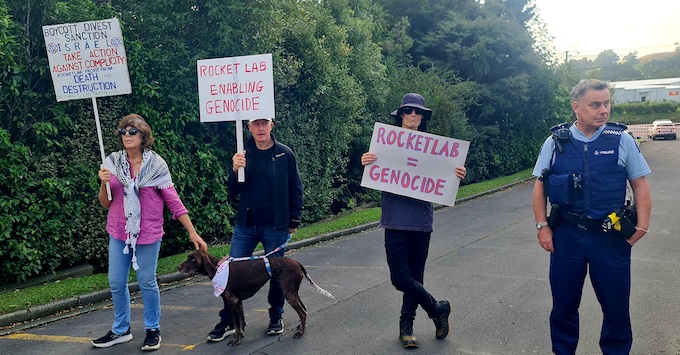
![[AL Jazeera]](https://www.aljazeera.com/wp-content/uploads/2025/07/INTERACTIVE-UN-ISRAEL-COMPANIES-1-1751388779.png?w=770&resize=770%2C962&quality=80)
